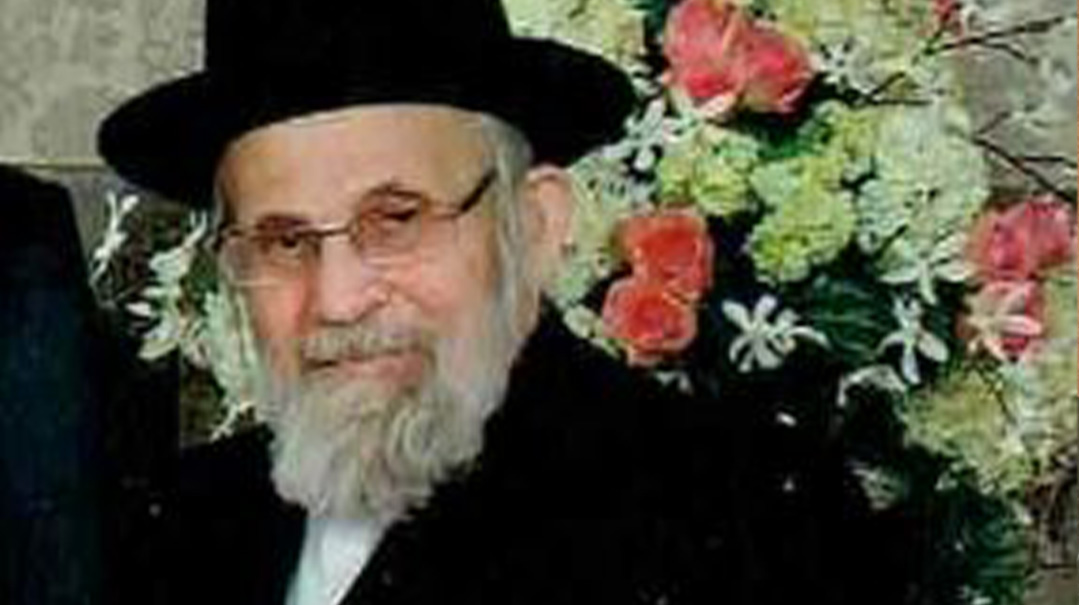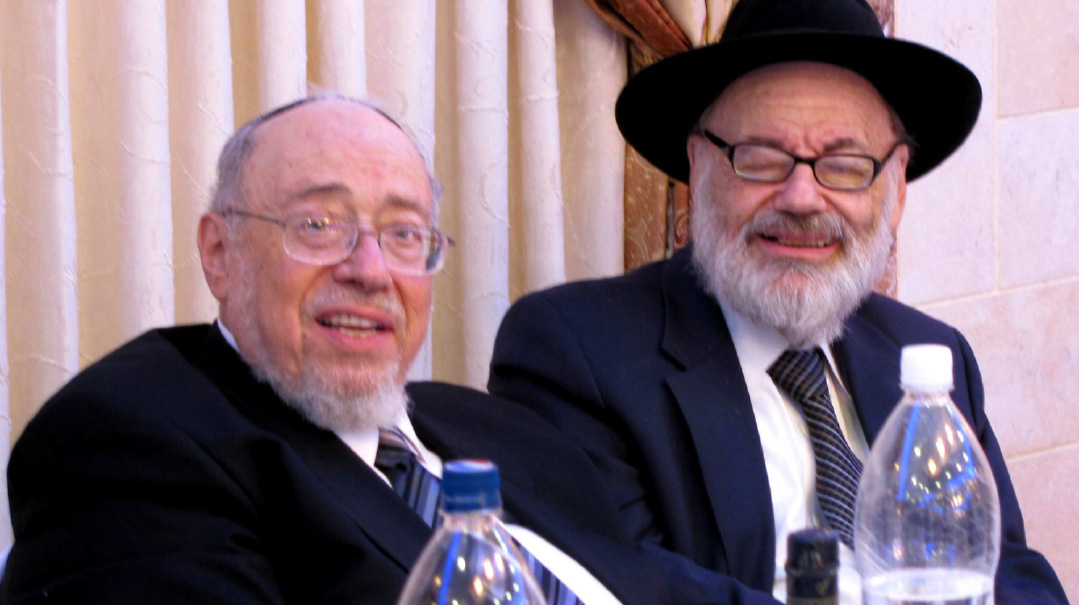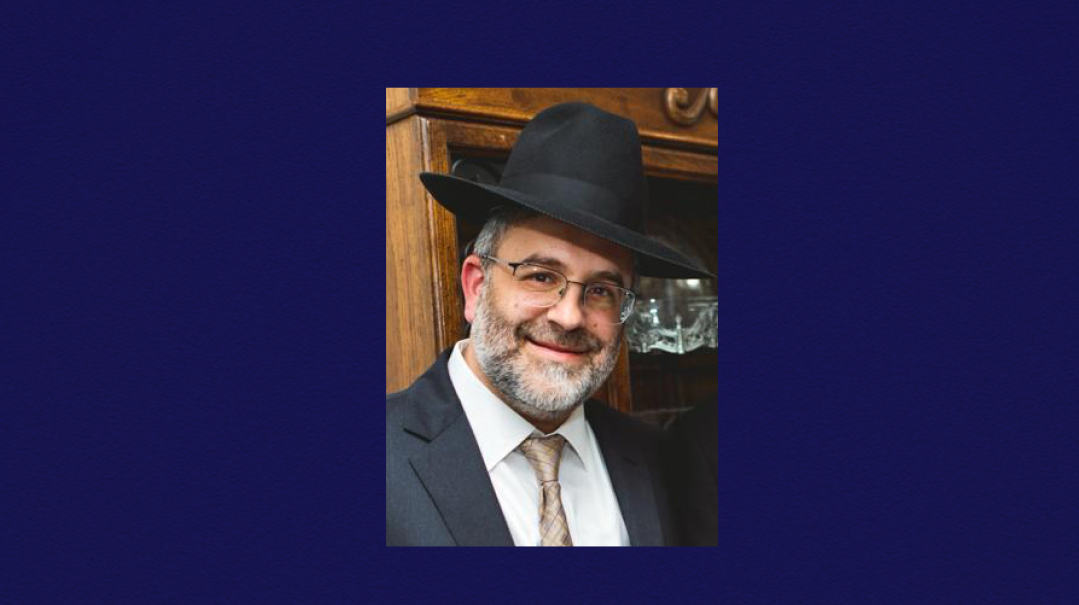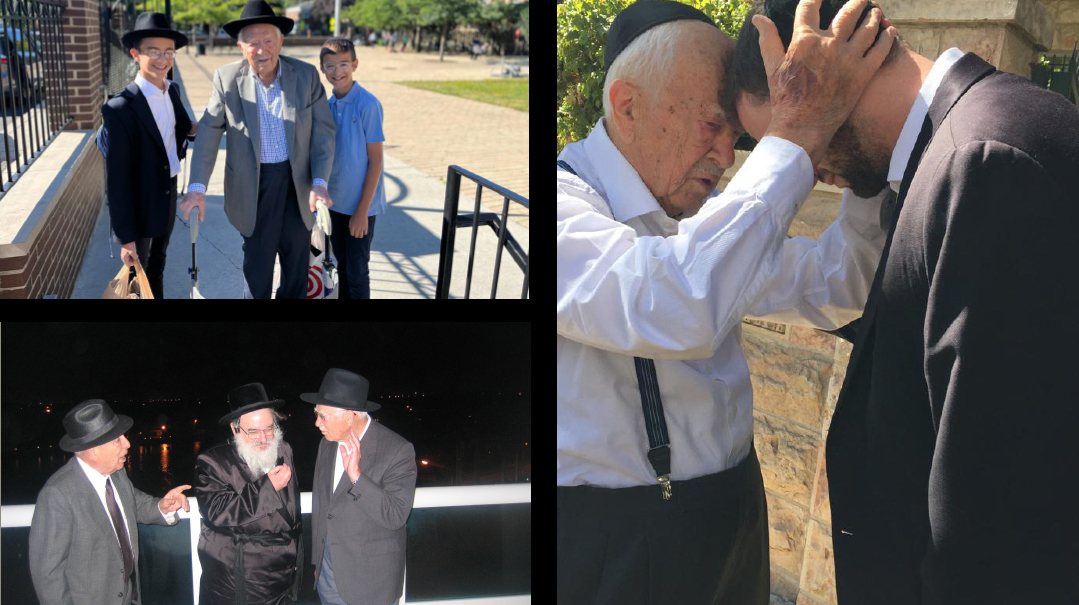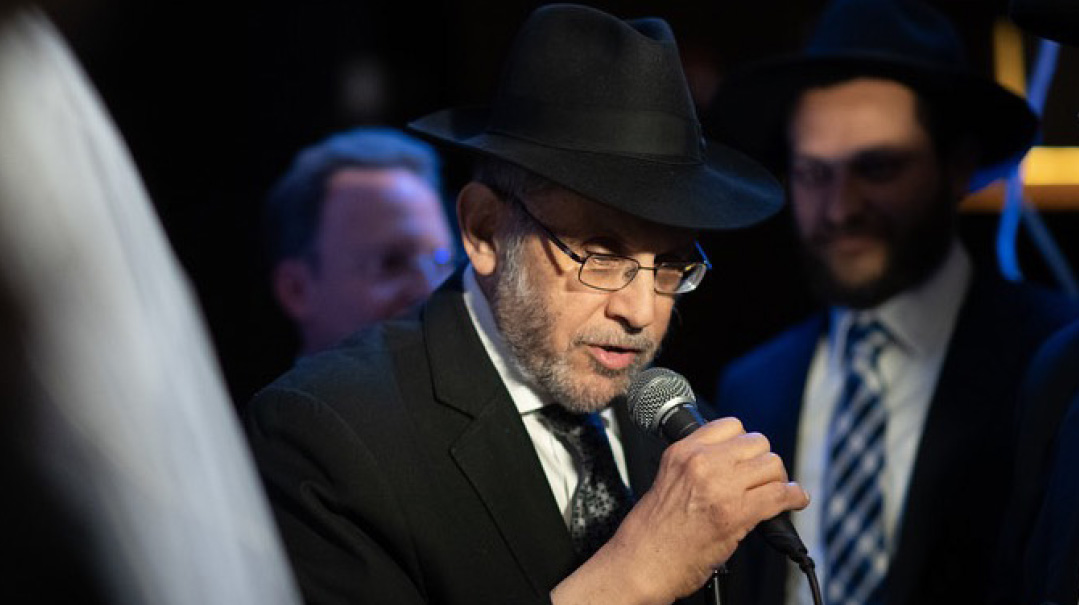The Loss of Yaakov’s Ladder
| January 27, 2021My sister, Rebbetzin Aviva Weisbord a"h, was my sister, my compass, and my best friend
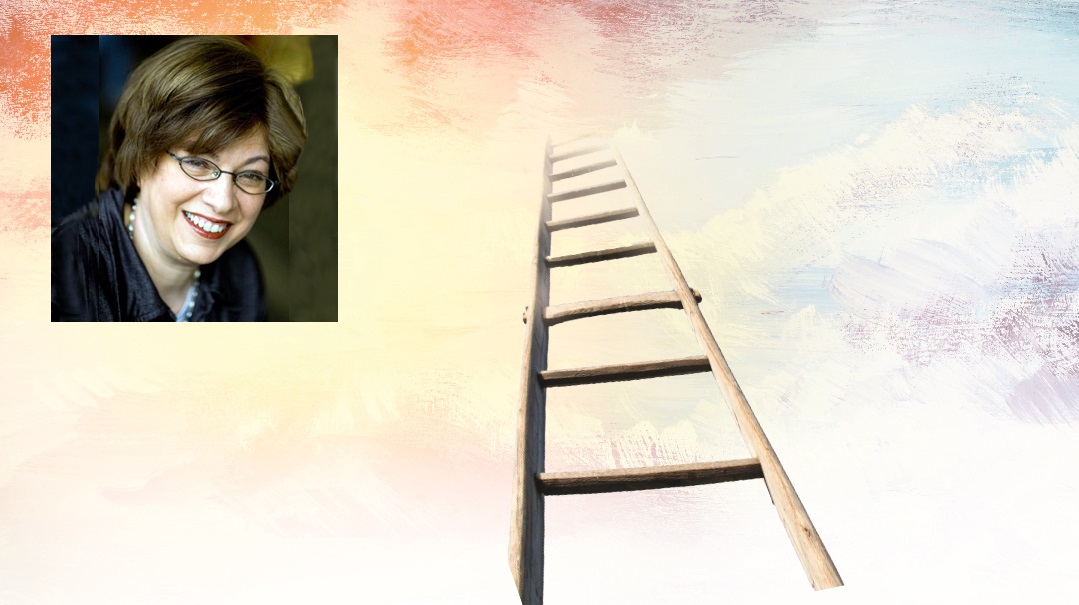
Rebbetzin Aviva Weisbord a”h wasn’t only my sister, she was like another mother, she was my best friend, my compass, my North Star. Her passing is not only my personal tragedy, but a loss to all of Klal Yisrael.
From as far back as I can remember, Aviva had such clarity in her mission: to do the retzon Hashem. She was made of iron — mentally, spiritually, emotionally, and even physically. A cousin recently commented that Aviva was the picture of what you can accomplish when you don’t waste your time on gashmiyus. She never wasted a minute and was always on to the next thing to be accomplished. No wonder she was taken from us so much earlier than we could have imagined — she had already used much more than her allotment of hours serving Hashem and His People.
When our father, Rav Yaakov Weinberg ztz”l, was niftar, Aviva wrote an article titled “Six Weeks to Say Goodbye.” In it she wrote that she noticed a “feature that separates the gadol from the rest of us. At a time when most people tune out the world and focus on themselves, my father devoted his final weeks to chesed toward others, with a constant awareness of everyone else’s needs.”
It would never have occurred to Aviva that these same words described her perfectly. Right before she was intubated, Aviva wrote to her team at Shemesh (an educational program for children with learning differences), “I am going to be put on a ventilator soon, so I won’t be able to talk to you. Please make sure these three things are taken care of...” She could barely breathe, and knew she was about to be intubated, yet her concern was about making sure that things were put into place to help others. This middah defined the way Aviva lived her whole life: putting everyone’s needs before her own.
She also wrote about our father, “We remember his ahavas haTorah, his penetrating insight, and with it all, his love for us.” Again, the words that she wrote about our father ring so true about herself as well. It’s difficult to imagine how one person could hold so much brilliance and love and humor at the same time.
Her incisive mind was always at work, analyzing, reading, learning, and processing what she learned so she could put it into practice. With piercing insight and deep understanding of individuals and relationships, Aviva merged a centered, practical, common sense and logic with compassion, comfort, and understanding.
Years ago, when I was teaching my students about Chet Ha’eigel, I was very disturbed by the following pasuk. “Vayedaber Hashem el Moshe lech lecha reid — Hashem spoke to Moshe and told him go down.” Rashi explains: “Go down from your greatness.”
I called my father z”l and asked him, “What does Hashem want from Moshe? He was up in Shamayim — why send him down from his greatness?”
My father responded: “Because if you want to be a leader of Klal Yisrael, you can’t stay on top of the mountain in an ivory tower! You need to go down to the people so that you understand them, their fears, their complexities, and thus will be able to guide them to serve HaKadosh Baruch Hu.”
Aviva did that. Like Yaakov’s ladder, with its head in the heavens and its feet firmly planted in the earth, she pushed herself to use every single moment to serve Hashem, but was always accepting and nonjudgmental of others. It’s easy to take on chumras and insist that others should do so as well. But as my father taught, a true eved Hashem must be able to appreciate, relate to, and love His Nation, with a willingness to meet each individual at their level. And that was Aviva. Everyone was comfortable around her. She understood their trials and their worries, and lifted them up, helping them create a connection to Hashem.
Aviva turned a constant awareness of other people’s needs into action, with unparalleled chesed. She was always there to help practically, while also providing guidance and comfort. She grasped people’s troubles and shared in their pain, thereby reducing it. Family and friends knew we were safe as long as Aviva was in the world. She was an absolutely fearless fighter and protector of the weak, the downtrodden, the forgotten, and the unloved. Like so many of our Forefathers who began as shepherds, learning to notice and care for the littlest sheep, no person was too lowly to get Aviva’s attention; no problem was too large to fix.
Aviva had a kind word and a smile for all; from the janitor in the JCC to the cashiers in Dunkin’ Donuts. And while she lived as though she had absolutely no needs of her own (except maybe for a morning steak), it gave her enormous pleasure to buy and give and make things possible for others. She enjoyed giving anything someone might enjoy, whether it was candy from her perfectly organized pantry stuffed with nosh, or fun outings to Sports or Cabin John, to enjoy the world Hashem made for us.
I’m so lucky to have called this tzadeikes not only my sister, but my best friend. Most of my memories of her are of Aviva lifting her glasses to wipe streaming eyes, because we were crying from laughter together. When I lived in Melbourne, Australia for ten years, she called me every single day. The only 24-hour time span we missed was when my Shabbos started 16 hours before hers, and I had to wait for her Shabbos to be over before we could speak.
She once flew all the way to Melbourne to whisk me away to Sydney for a few days’ getaway, since she knew how much I missed my family. There was not a visit to Baltimore when she didn’t pick me up at the airport, claiming, “I’m near there anyway.” When I got to her house, my favorite snacks would be prepared on the bureau, with Nero Wolfe books on the nightstand. How was she able to find bags of only my favorite black jellybeans?
Aviva took my kids boating (we capsized), pontooning (we stayed afloat), and we drove from one place to another to search for July Fourth firework displays. She drove to New York to scrub the bathroom for me after I had my first baby, and flew in to Florida for the bris of my last one (which she missed, babysitting my sick daughter instead). Aviva protectively reserved the first shower for me after we got up from shivah for our father. She filled out every single place card before each simchah I made, with her perfect handwriting, and marveled over my art work (“I cannot draw a straight line.”) She encouraged me to write.
We had so many plans. We were going to start a seder in Tehillim together after Succos, and were planning to drive cross country this summer, COVID permitting. (“We’ll let Reb Beryl and Reb Yaki come, but I’ll do the driving!”) But Hashem had other plans.
So how will I go on without Aviva? How will I push through without her daily early-morning life-sustaining phone calls? How will the countless individuals and organizations she counseled, guided, listened to, schlepped for, and took such care of, go on without her? Perhaps by emulating her middos, and allowing her to continue to teach me, by example, how to be an eved Hashem. She always gave her time, warmth, and energy to others; surely she would have wanted us to channel our feelings of loss into being there for each other, as we adjust to a shaky world without Yaakov’s ladder.
May her memory be a blessing.
(Originally featured in Family First, Issue 728)
Oops! We could not locate your form.







